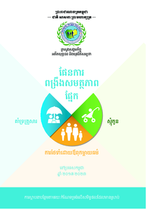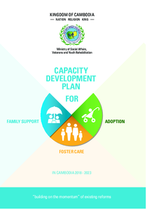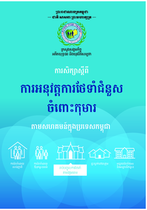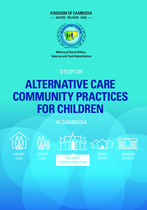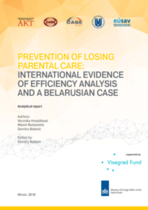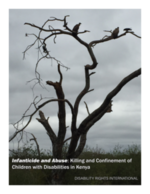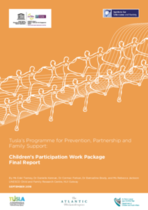Inter‐country adoption in Australia: Examining the factors that drive the practice and implications for policy reform
The article presents the findings of an international literature review conducted to examine the factors that drive inter‐country adoption rates within both sending and receiving countries.

